It’s a complex situation, figuring out the legal standing for LGBTQ+ people in countries where Islam is the main religion. It’s not always straightforward, and there are a lot of different laws and social views at play. We’re going to look into the main Legal Challenges Facing LGBTQ+ Rights in Muslim-Majority Countries, trying to make it clear and easy to grasp. It’s a tough reality for many, and understanding these challenges is the first step.
Key Takeaways
- Laws in many Muslim-majority countries don’t directly recognize LGBTQ+ identities, and existing laws are often interpreted strictly, leading to criminalization.
- Social attitudes, heavily influenced by conservative religious views, create widespread stigma and discrimination in daily life.
- There’s a lack of legal protection for same-sex relationships, meaning no rights for marriage, inheritance, or family matters.
- State authorities and even religious groups can play a role in enforcing restrictions and perpetuating negative attitudes.
- Despite these difficulties, activism and community support are vital for resilience and pushing for change.
Criminalization and Legal Frameworks
Ambiguous Laws and Conservative Interpretations
In many Muslim-majority countries, the legal landscape for LGBTQ+ individuals is often a minefield. It’s not always about a direct law saying “being gay is illegal.” Instead, it’s more about how existing laws are interpreted, and often, those interpretations lean heavily on conservative viewpoints. Think about laws that might be about public morality or preventing “immoral acts.” These can be incredibly vague, and when applied through a conservative lens, they can easily ensnare consensual same-sex relationships or gender non-conforming behavior. It’s a frustrating situation because the law isn’t always targeting identity itself, but rather actions that are often just part of who someone is. This ambiguity allows for selective enforcement, making life unpredictable and dangerous for many.
Regional Variations in Legal Enforcement
What’s illegal in one city or province might be less risky just a few hours away. This is a big issue. While a national government might not have explicit anti-LGBTQ+ laws on the books, many regions or local areas have their own rules, sometimes based on religious law. These local bylaws can be much stricter, leading to severe penalties for things like same-sex relations. So, you end up with this patchwork of legality across a country. It means that where you live can drastically affect your safety and freedom. It’s a complex system, and understanding these regional differences is key to grasping the full picture of legal challenges.
Absence of Legal Recognition for Relationships
Beyond direct criminalization, there’s the fundamental issue of not being recognized. Most Muslim-majority countries do not legally recognize same-sex marriages or civil unions. This isn’t just about wedding ceremonies; it has real-world consequences. Without legal recognition, LGBTQ+ couples often lack basic protections. This can affect things like inheritance rights, hospital visitation, making medical decisions for a partner, or even parental rights if they have children. This lack of legal standing leaves LGBTQ+ individuals and couples vulnerable, making them targets for discrimination and exploitation without much legal recourse. It’s a significant barrier to equality and safety.
Societal Stigma and Discrimination
Beyond the laws on the books, the social atmosphere for LGBTQ+ individuals in many Muslim-majority countries can be incredibly tough. It’s not just about what the government says; it’s about how people treat each other every single day. This often stems from deeply ingrained cultural norms and conservative religious viewpoints that really emphasize conformity and traditional family structures. This pervasive social stigma means LGBTQ+ people frequently face rejection, not just from the wider community, but sometimes even from their own families.
Pervasive Social Stigma and Rejection
Imagine having to constantly hide who you are. That’s the reality for many. The pressure to fit into expected gender roles and relationship models is immense. When someone doesn’t conform, they can be ostracized. This can lead to serious isolation, impacting mental well-being and making it hard to build a support system. It’s a heavy burden to carry, feeling like you don’t belong.
Employment and Housing Discrimination
Finding a place to live or a job can become a major hurdle. Many LGBTQ+ individuals report being denied jobs or housing simply because of their sexual orientation or gender identity. This isn’t always overt; sometimes it’s subtle, like being passed over for promotions or finding it impossible to rent an apartment. This lack of equal opportunity can push people into precarious financial situations and reinforce feelings of being on the outside.
Here’s a look at some reported issues:
- Job application rejections based on perceived identity.
- Difficulty securing rental agreements.
- Workplace harassment or dismissal.
Challenges in Accessing Healthcare
Healthcare should be a safe space, but for LGBTQ+ individuals, it often isn’t. While not every doctor or clinic is discriminatory, the general societal prejudice can seep in. Patients might fear judgment or mistreatment, especially when seeking care related to sexual health or gender transition. This fear can lead people to avoid seeking necessary medical attention, which is obviously not good for their health.
The fear of being ‘outed’ or facing negative reactions can make seeking medical help a daunting experience, particularly for sensitive health concerns. This reluctance can have serious consequences for individual well-being and public health outcomes.
This societal climate, often fueled by conservative interpretations and a strong emphasis on tradition, creates a difficult environment where LGBTQ+ individuals struggle for acceptance and basic rights.
Influence of Religious Interpretations
Conservative Religious Teachings and Attitudes
In many Muslim-majority countries, interpretations of religious texts heavily shape public opinion and legal frameworks concerning LGBTQ+ individuals. These interpretations often view same-sex relationships and gender non-conformity as contrary to religious doctrine. This deeply ingrained perspective can lead to widespread social stigma and justify discriminatory practices. It’s not just about abstract beliefs; these interpretations directly influence how laws are written and enforced, creating a challenging environment for LGBTQ+ people.
Role of Religious Groups in Public Discourse
Religious organizations frequently play a significant role in public conversations about LGBTQ+ rights. They often advocate for policies that restrict LGBTQ+ freedoms and promote narratives that frame LGBTQ+ identities as immoral or a threat to societal values. This public stance by influential religious bodies can sway public opinion and put pressure on governments to maintain or strengthen anti-LGBTQ+ laws and social norms. It’s a powerful force in shaping the overall climate.
Religious Justifications for Legal Restrictions
Legal restrictions targeting LGBTQ+ individuals are often explicitly justified by religious arguments. Laws criminalizing same-sex relations or prohibiting gender expression are frequently rooted in specific readings of Islamic law. These justifications are used to legitimize state actions, from arrests to the denial of basic rights, making it difficult to challenge these laws on secular or human rights grounds. The connection between religious doctrine and legal penalties is a major hurdle for LGBTQ+ advocacy.
Enforcement and State-Sanctioned Violence

Police and Security Force Abuse
It’s a harsh reality that in many Muslim-majority countries, the very people meant to protect citizens can become sources of immense fear and violence for LGBTQ+ individuals. Police and security forces, often acting on vague laws or societal prejudice, can target people based on perceived sexual orientation or gender expression. This isn’t about actual behavior; sometimes, just looking or acting a certain way can put someone on their radar. Reports indicate that arrests, detentions, and outright abuse are common. These actions can happen for reasons as simple as not conforming to gendered dress codes or being suspected of having same-sex relations.
Humiliating Conduct and Physical Violence
The abuse doesn’t stop at arrest. Many individuals recount experiences of deeply humiliating conduct and physical violence at the hands of law enforcement. This can include verbal abuse, degrading treatment, and outright beatings. The goal often seems to be to punish and shame, rather than uphold justice. For those who don’t fit neatly into traditional gender roles, or who are perceived as LGBTQ+, this kind of treatment can be a daily threat, making public spaces feel incredibly unsafe.
Corruption and Demands for Sexual Favors
Adding another layer of horror, some reports suggest that corruption can intersect with this abuse. In certain situations, individuals who have been detained or are facing legal trouble might be subjected to demands for sexual favors. This is a deeply disturbing exploitation of power, where vulnerability is weaponized. It’s a tactic used to extort, silence, or further humiliate already targeted individuals. The fear of such encounters can lead many to avoid reporting abuse or seeking help, creating a cycle of silence and impunity.
Challenges to Legal Gender Recognition
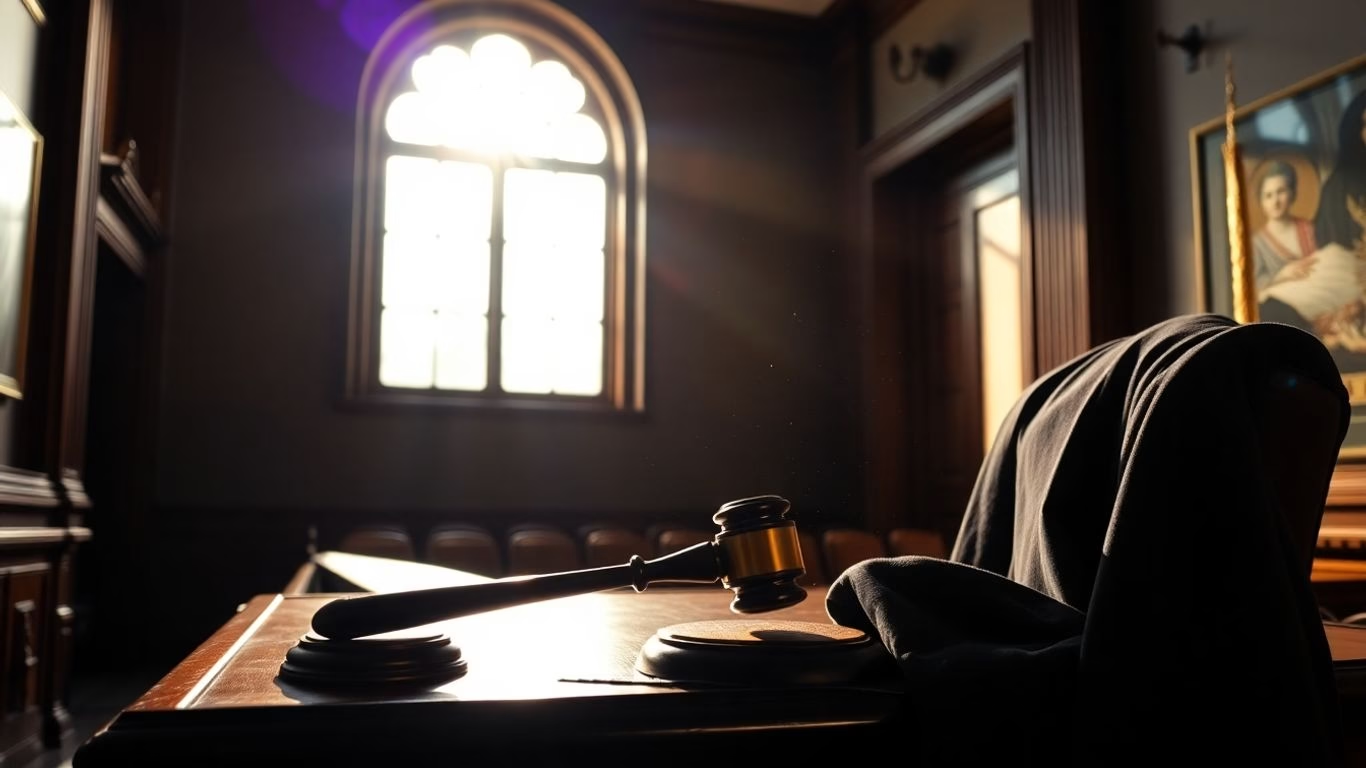
Getting your legal identity to match who you are can be a real uphill battle in many Muslim-majority countries. It’s not just about changing your name on paper; it often involves a whole process that can be really tough.
Mandatory Gender Reassignment Surgery
In some places, the only way to legally change your gender marker is to undergo gender reassignment surgery (GRS). This is a huge hurdle. It’s not just the surgery itself, which can be risky and expensive, but also the fact that it’s required even if someone doesn’t want or need it medically. It feels like a forced medical procedure just to get basic legal recognition. Plus, the surgeries themselves might not always be high quality or easily accessible, and there’s often a long waiting list.
Criminalization for Non-Conformity
If you don’t conform to traditional gender roles or don’t go through the required medical steps, you can face serious trouble. This means that people who identify as non-binary or gender non-conforming, or those who simply can’t or don’t want to have surgery, are at constant risk of being criminalized. It’s like the law doesn’t have a place for you if you don’t fit neatly into the male or female box as defined by the state.
Discrimination in Public Services
Even after going through the arduous process of legal gender recognition, discrimination doesn’t just disappear. Many systems, like education, employment, and healthcare, are heavily segregated by gender. This means that even with updated documents, individuals might face issues accessing services or spaces that align with their affirmed gender. It can be a constant struggle to be seen and treated as your true self in everyday life.
Activism and Resilience in Adversity
Even with all the legal hurdles and social pressures, people aren’t just sitting back. There’s a lot of work happening on the ground, driven by brave individuals and groups. These efforts are really important for pushing for change and offering support.
Advocacy by Human Rights Organizations
Lots of human rights groups are working hard to make things better. They try to get the word out about what’s happening and push for new laws or changes to old ones. It’s not easy work, and they often face pushback, but their persistence is key. They’re trying to create a society where everyone is treated fairly. These organizations are often the first line of defense for people facing discrimination.
Legal Battles and Precedent Setting
Sometimes, activists and lawyers take on legal cases. The goal isn’t always to win immediately, but to challenge unfair laws and try to set new legal standards. It’s a slow process, and wins can be few and far between, but each case can chip away at the existing system. These legal fights are about planting seeds for future progress. It’s a long game, but important for shifting the legal landscape over time.
Community Support Networks and Solidarity
Beyond the formal organizations, there are informal networks. These are places where people can connect, share their stories, and find comfort. Having a community makes a huge difference when you feel isolated. These groups offer a sense of belonging and practical help. Building these connections is a powerful act of resistance. They show that even in tough times, people can find strength in each other. It’s about creating safe spaces where people can just be themselves, away from the judgment and fear that often exists outside. These networks are vital for the mental and emotional well-being of many individuals, providing a lifeline in difficult circumstances. You can find more about the ongoing struggles and resilience in the MENA region here.
The fight for rights isn’t just about changing laws; it’s about changing how people think and feel. It’s about showing that LGBTQ+ individuals are part of the community, deserving of respect and safety. This shift in attitudes is perhaps the hardest, but most important, part of the journey toward equality.
Looking Ahead
So, where does this leave us? It’s clear that the path for LGBTQ+ individuals in many Muslim-majority countries is fraught with legal and social challenges. While some places are seeing small shifts, the reality for many is still one of discrimination and fear, often rooted in deeply held beliefs and interpretations of religious law. It’s not a simple fix, and progress is slow, often met with resistance. But even in the face of these difficulties, there are people working tirelessly – activists, allies, and community members – to push for change and create safer spaces. Their resilience is truly something to admire. Understanding these complex issues is the first step, and it’s a journey that requires ongoing attention and a commitment to human rights for everyone, no matter where they live or who they love.
Frequently Asked Questions
Are there laws that directly say it’s illegal to be gay or transgender in Muslim-majority countries?
It’s complicated. While some countries don’t have laws that specifically say ‘being gay is illegal,’ they often have laws about ‘immoral behavior’ or ‘public indecency’ that are used to punish LGBTQ+ people. In some places, like Aceh in Indonesia, local religious laws can be very strict and punish same-sex relationships.
What does ‘social stigma’ mean for LGBTQ+ people in these countries?
Social stigma means that many people in society have negative or disapproving feelings towards LGBTQ+ individuals. This can lead to people being rejected by their families, friends, and communities, making it hard to find jobs or places to live, and often causing feelings of sadness and loneliness.
How do religious beliefs affect LGBTQ+ rights?
In many Muslim-majority countries, religious leaders and teachings have a big influence on how people think and what laws are made. Some religious interpretations view being LGBTQ+ as wrong, which can lead to strong opposition to LGBTQ+ rights and support for laws that restrict them.
Do police or government officials ever harm LGBTQ+ people?
Sadly, yes. Reports show that in some places, police and security forces have been accused of abusing, harassing, and even demanding sexual favors from LGBTQ+ individuals. This often happens when enforcing laws that are used against them.
What are the challenges for transgender people trying to change their legal gender?
In some countries, transgender people face huge difficulties. They might be forced to have surgery before they can legally change their gender, and if they don’t follow strict gender rules, they can be punished or denied basic services like education or healthcare.
Are LGBTQ+ people and their allies fighting for their rights?
Absolutely. Despite the difficulties, many brave human rights groups and LGBTQ+ activists are working hard to raise awareness, challenge unfair laws, and support their communities. They create safe spaces and try to make society more accepting, even when it’s dangerous.

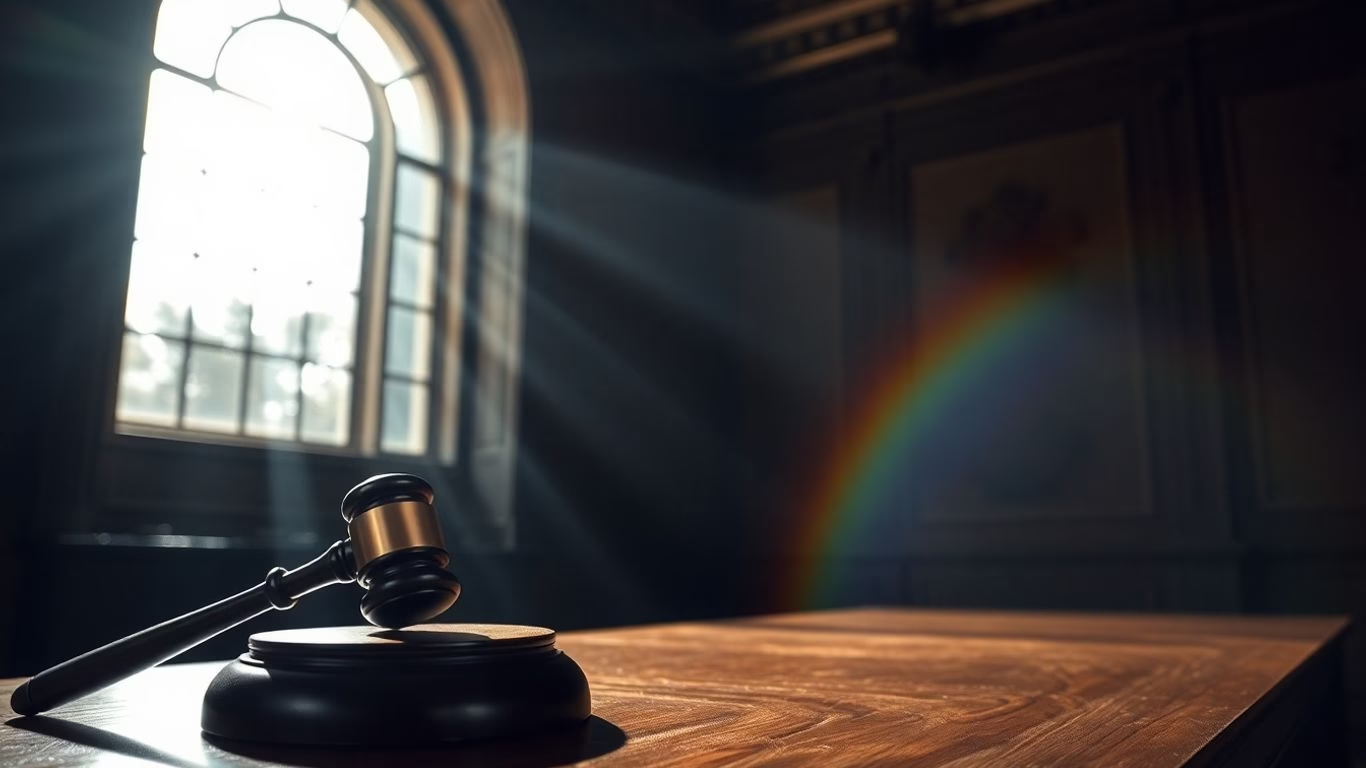
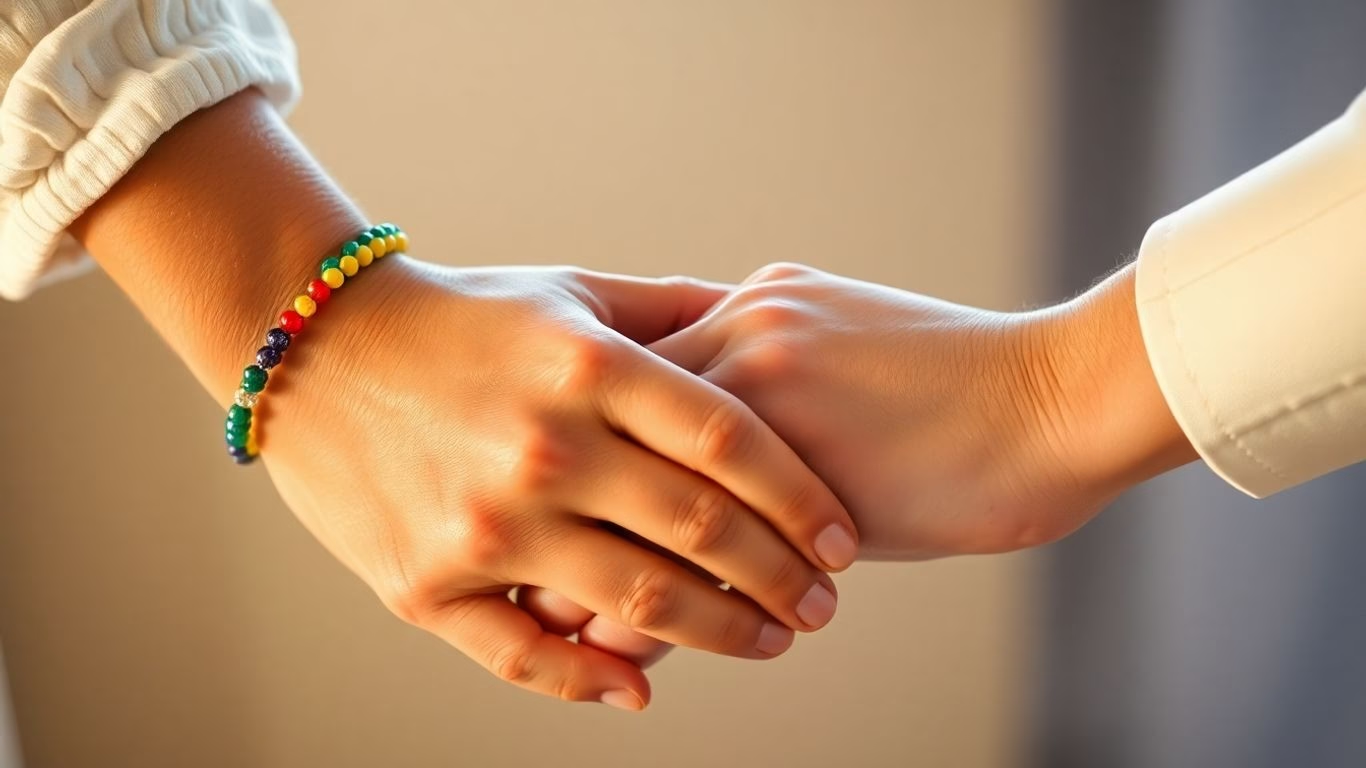
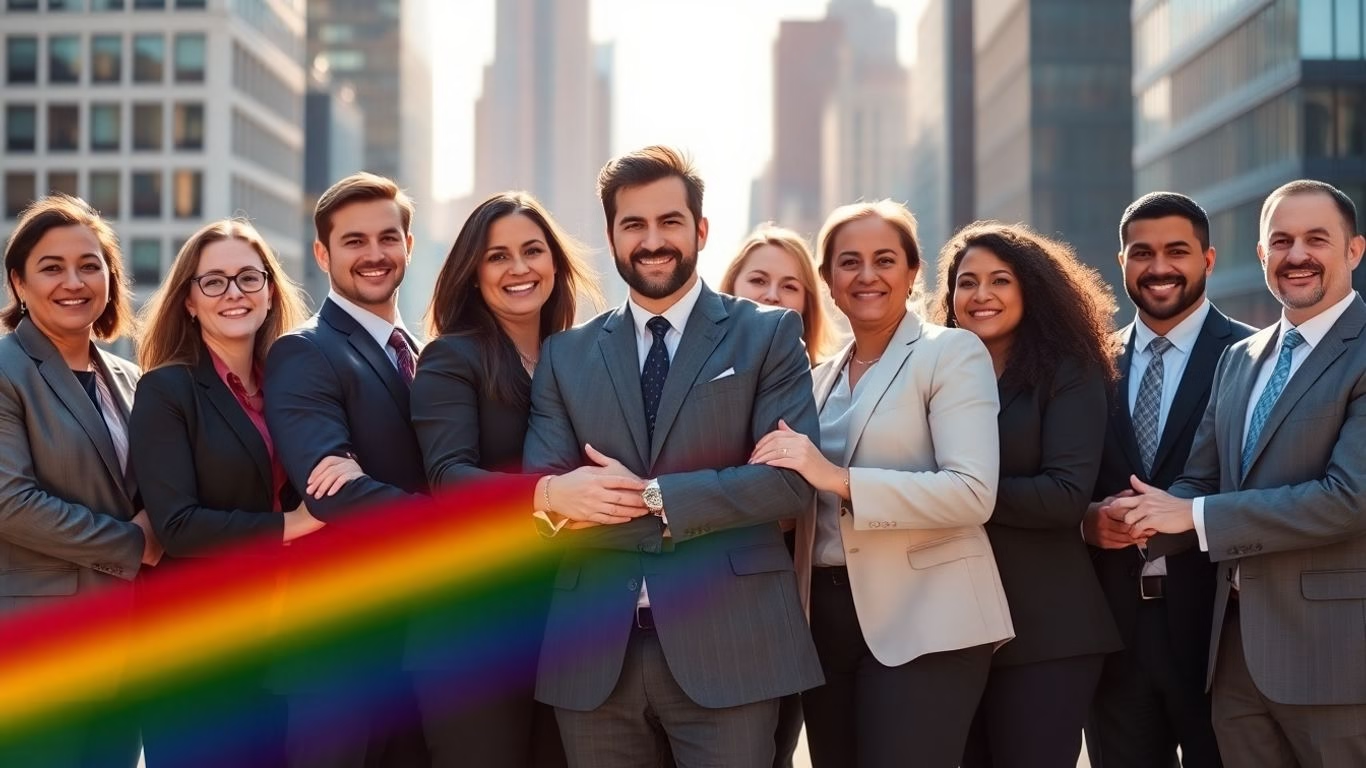
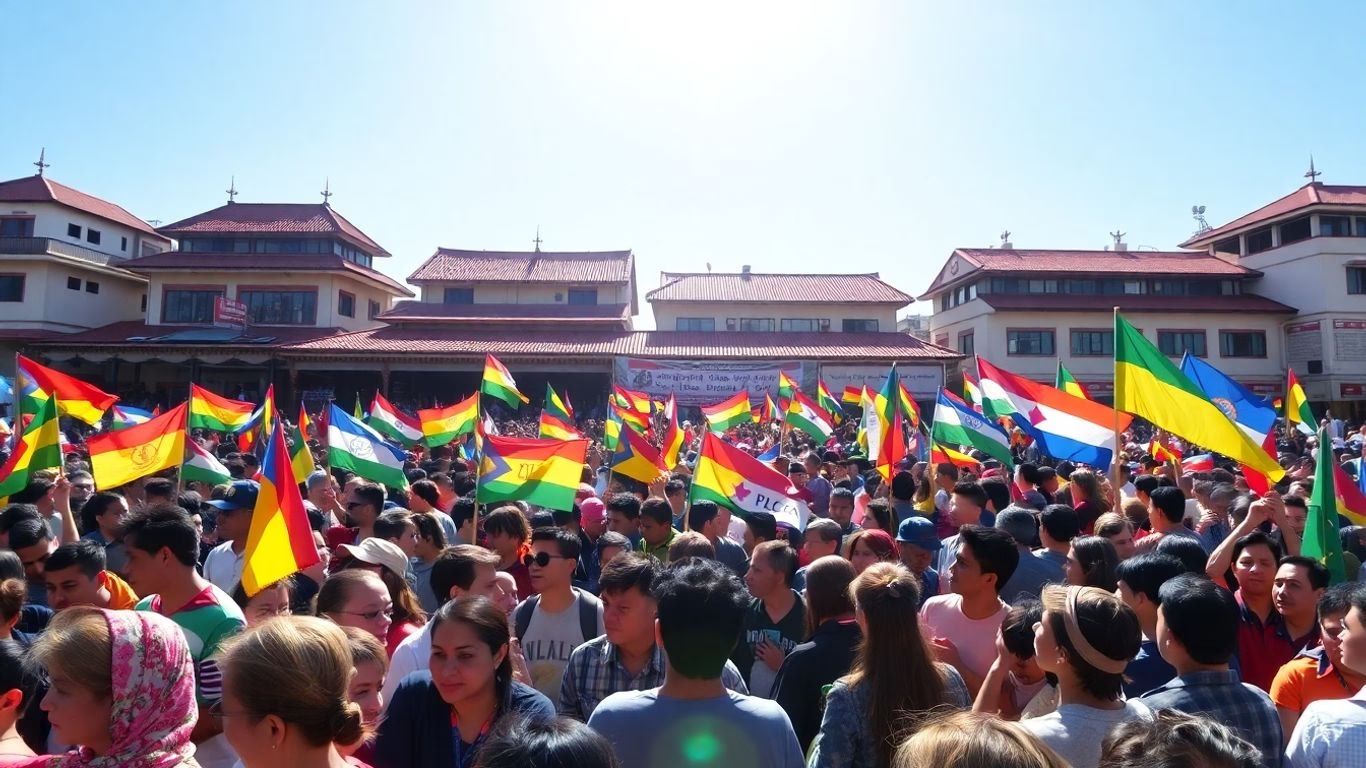
Leave a Reply